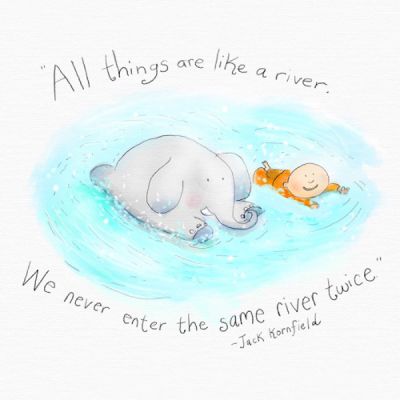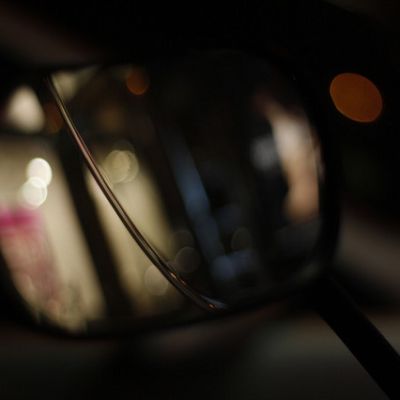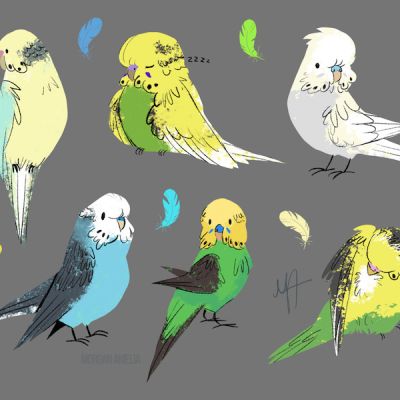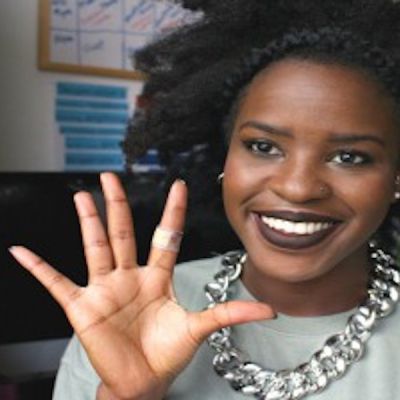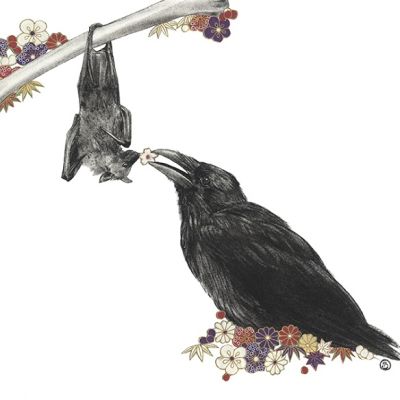self-care and sexuality
What is the self, and what does it mean to give care? Philosophers, activists, artists, scientists, people of all inclinations and positions have pondered on, played with, and struggled to come to meaningful definitions about the issues these questions address. Without care, can there be a self at all?
Have you ever heard the old adage, “You have to love yourself before anybody else can love you”? Well, I grew up interpreting this in the absolutely most terrible way possible.
And that is sadly the case with so many women. Speak of exercise and nutrition as a path to wellbeing and self-care, sure. They will read Prevention and Health type of magazines, employ a personal trainer, go to a yoga class, or follow a dietician’s advice. But speak to them of yoni eggs, masturbation and self-pleasure, and you are suddenly not speaking a language they understand!
Relatively speaking, women, particularly upper-middle-class women, have greater legitimacy in the new privatized spaces of consumption like shopping malls and coffee shops than in public spaces like parks or promenades. However, these are far from uncontested spaces
Stress, burn out, uncontrollable emotional outbursts, depression, anxiety, migraines and cancer, are some of the effects that human rights defense work has on women human rights defenders (WHRD)s around the world, and the ones that often make them quit their important work. AWID spoke with Jessica Horn, Senior Advisor for the African Institute for Integrated Responses to Violence Against Women and HIV/AIDS (AIR) about the politics of self-care and well-being for WHRDs.
The onslaught of news about violence against people of color seems to be endless these days. In the midst of all of this we remember the words of writer and activist Audre Lorde, who famously said that self-care is both an act of self-preservation and political warfare.
My friend recounts how, growing up, there was one object around which cohered much intrigue and darkness and which, when brought to light and consciousness through accident, (usually) provoked much commotion, commotion of outrage, disgust and fear: her (used) panties.
“Sexuality and self-care are related at many levels, right from the level of knowing what you want and what you don’t, how you feel about yourself, how you are able to communicate your desires and how you are able to enjoy your experiences.”
We found these heart-warming doodles that are dedicated to staying conscious of things that matter for our personal well-being and our relationships with others but that we tend to lose touch with from time to time.
Audre Lorde once said, “Caring for myself is not self-indulgence, it is self-preservation, and that is an act of political warfare.”
I did everything to change my gender expression from masculine to feminine. I started wearing feminine clothes, started growing my hair, and I even had a boyfriend. But the more I pushed myself to be feminine, the more depressed I became.
An experimental haircut, trying on a new pair of earrings, a bright lip colour, or even wearing a skirt when your legs aren’t waxed and walking confidently down the street: these are revolutionary acts of self-care and self-love.
This video encapsulates five simple tips for those in social work to avoid an exhaustion of energies, although they are equally valid for anyone doing any kind of sustained work.
Not everybody, everywhere, learns self-care, though most people learn how to wash their faces, brush their teeth, wear clean underwear, and lock the door to keep themselves safe.









